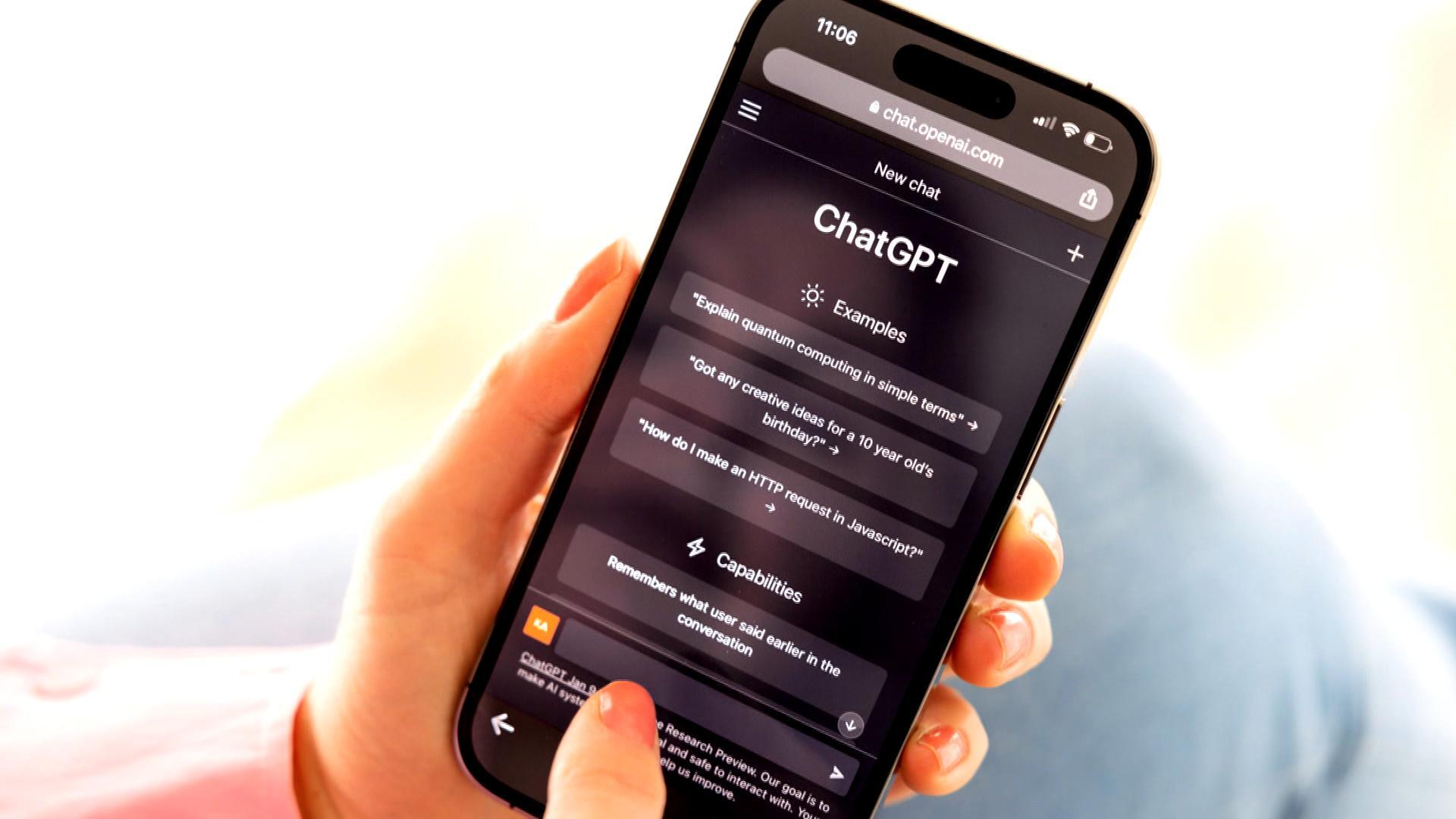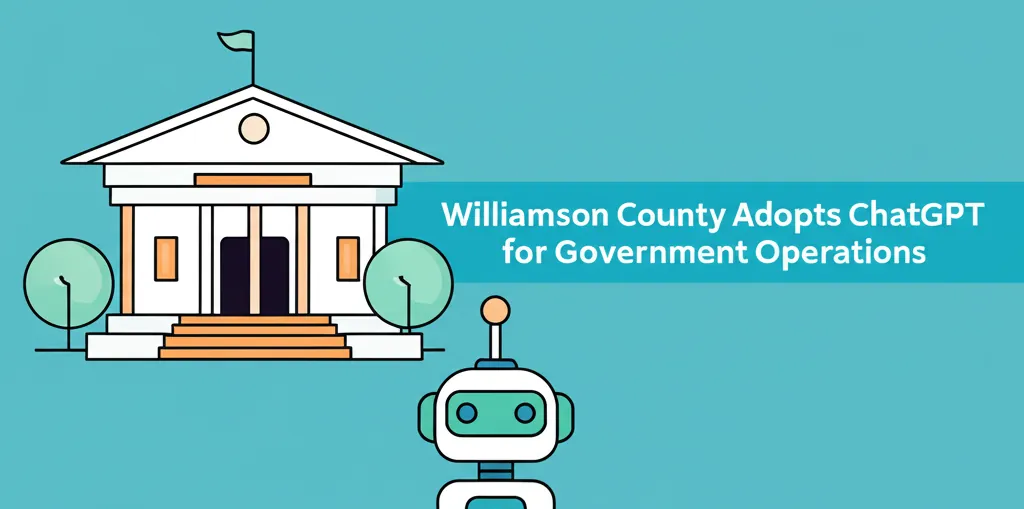Developer Offer
Try ImaginePro API with 50 Free Credits
Build and ship AI-powered visuals with Midjourney, Flux, and more — free credits refresh every month.
AI Scores Gold But Humans Still Reign Supreme
In a fascinating duel of wits, humans have once again proven their supremacy over machines at the International Mathematical Olympiad (IMO). However, the latest results show that artificial intelligence is closing the gap at a breathtaking pace.
While the brightest young human minds took home the top prizes, AI models from tech giants Google and OpenAI achieved gold-medal-level scores for the first time, signaling a major leap in machine reasoning capabilities.

A Milestone Matchup: Human vs. Machine
The prestigious annual competition, held this year in Australia, saw five young contestants achieve a perfect score of 42 points. In contrast, neither of the AI competitors managed a perfect run.
However, both Google's advanced Gemini model and a specialized reasoning model from OpenAI earned an impressive 35 out of 42 points. This score was high enough to place them in the gold medal tier, a level achieved by approximately the top 10% of human participants.
Google and OpenAI on Their Gold-Medal Performance
Google confirmed its achievement, citing IMO president Gregor Dolinar, who called the milestone "much-desired." Dolinar praised the AI's work, stating, "Their solutions were astonishing in many respects. IMO graders found them to be clear, precise and most of them easy to follow."
Similarly, OpenAI researcher Alexander Wei announced their model's gold-level score, calling the result the culmination of a "longstanding grand challenge in AI." To maintain fairness, OpenAI's submissions were evaluated by three former IMO medalists under the same strict rules faced by the human students.
The Alarming Pace of AI's Mathematical Prowess
This year's results are particularly stunning when compared to last year's. At the 2024 IMO, Google only achieved a silver-medal score, and its model required two to three days of computation. This year, the Gemini model solved five of the six problems well within the 4.5-hour time limit.
While IMO president Gregor Dolinar praised the "very exciting" progress, he noted that since the tech companies tested their models privately, it was not possible for organizers to verify the amount of computing power used or if there was any human involvement.
What This Means for the Future of AI
This achievement in mathematics is a significant indicator of the rapid approach of artificial general intelligence (AGI), where machines can perform cognitive tasks at a human level. Experts in the field have been forecasting this for years.
In a recent interview with 60 Minutes, leading Google AI researchers predicted that computers with human-level cognitive abilities could be a reality within five to ten years. Google DeepMind CEO Demis Hassabis explained that the field is on an "exponential curve of improvement," fueled by increased investment and talent. He believes AI is on track to not only solve major problems but also develop a sense of imagination.
As AI continues its rapid evolution, competitions like the IMO serve as a crucial benchmark for how far the technology has come and how much further it has to go. For now, humanity holds the crown, but the machines are learning fast.
Compare Plans & Pricing
Find the plan that matches your workload and unlock full access to ImaginePro.
| Plan | Price | Highlights |
|---|---|---|
| Standard | $8 / month |
|
| Premium | $20 / month |
|
Need custom terms? Talk to us to tailor credits, rate limits, or deployment options.
View All Pricing Details

